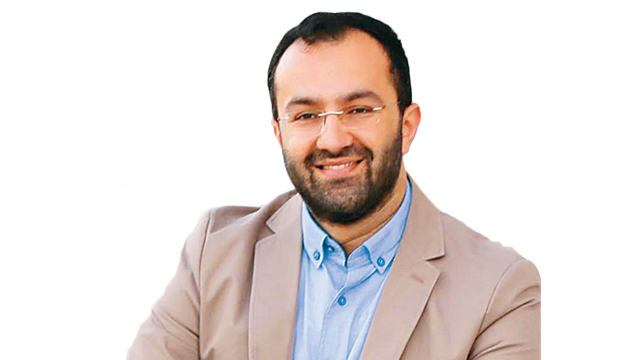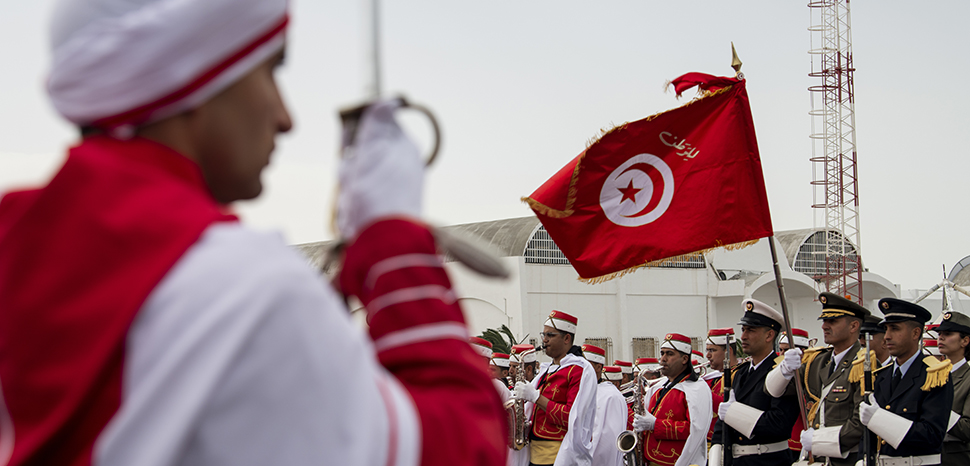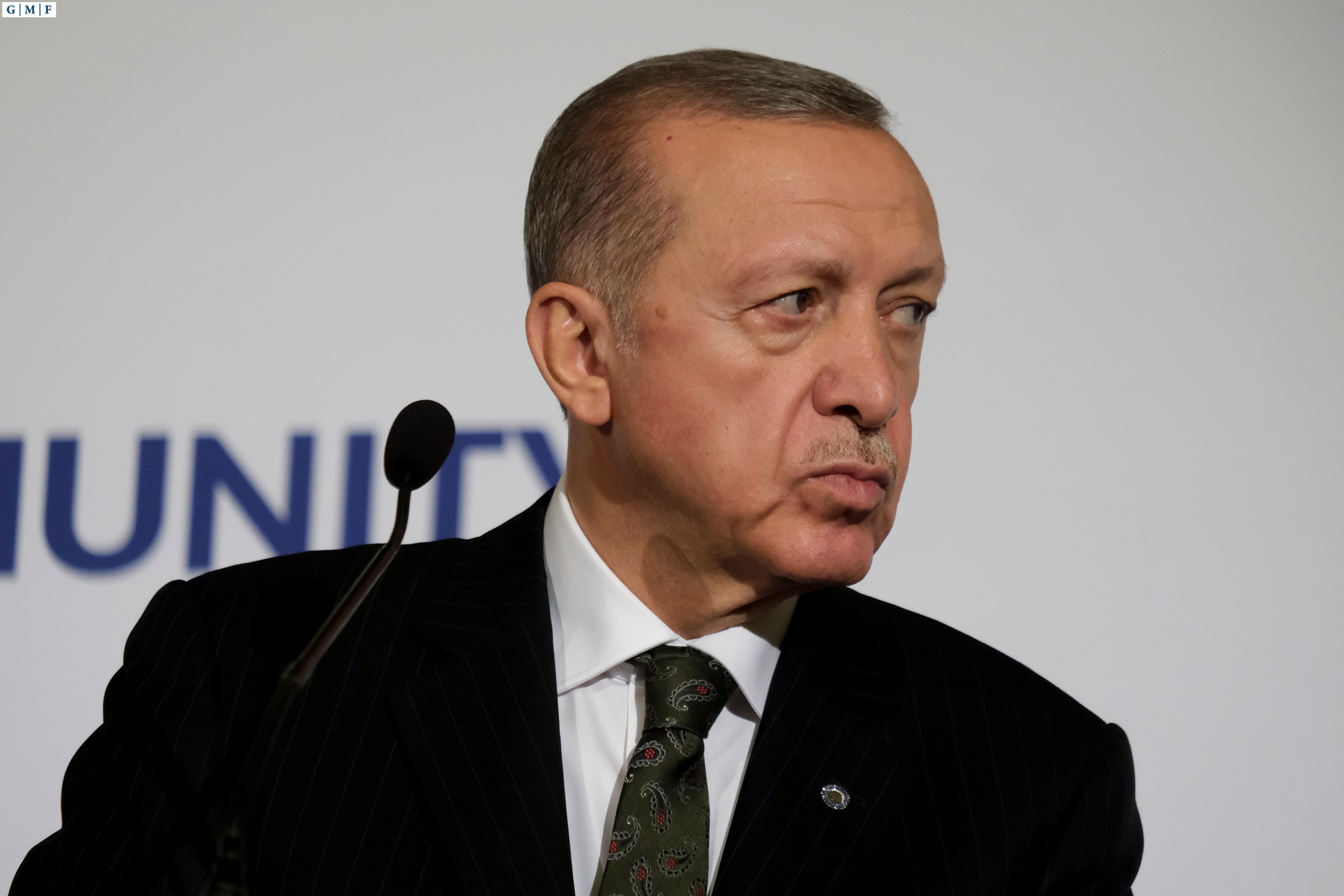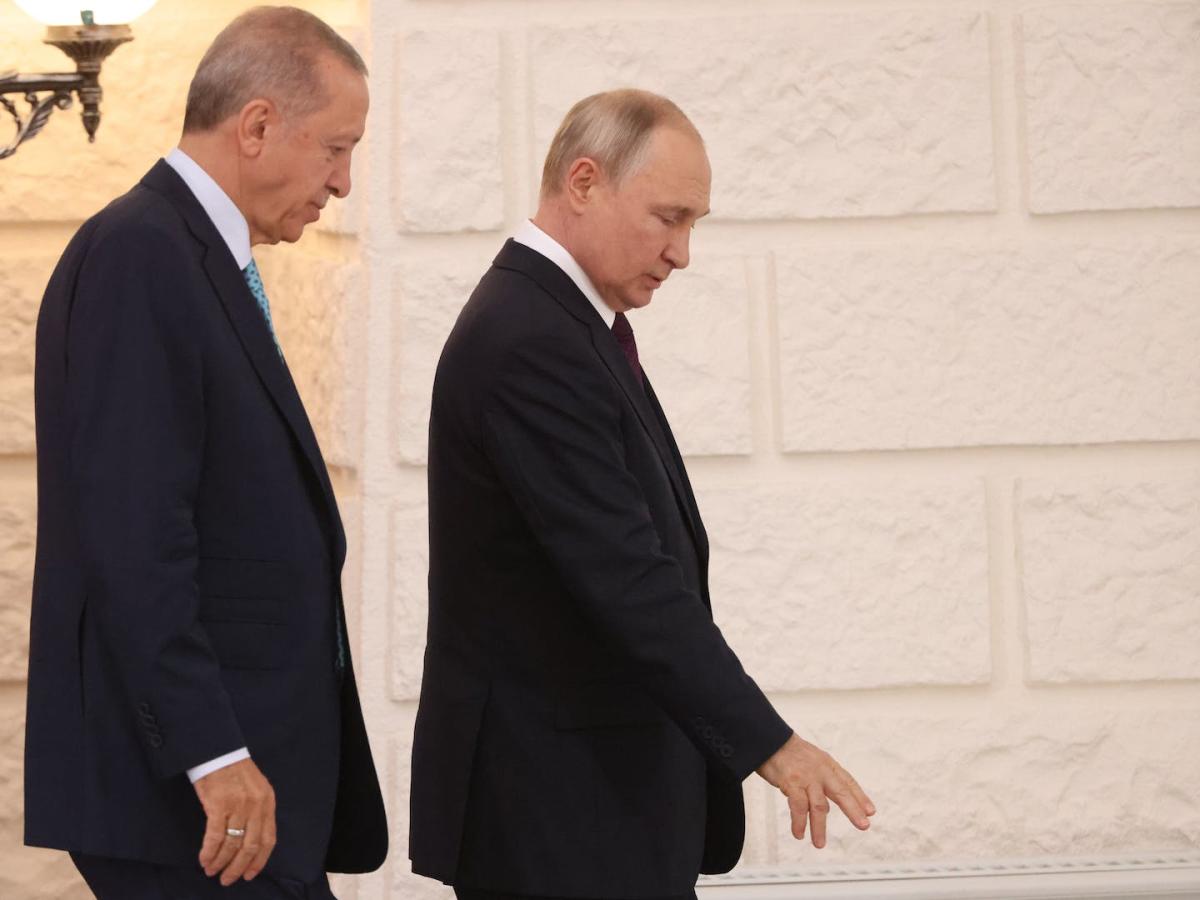





The relationship between Tunisia and the West is undergoing a significant shift as the country hints at potential realignment with the East. Historically aligned with the West, Tunisia's increasing swerve towards the East raises questions about evolving partnerships and geopolitical balance. Russia's active assertion of influence in the Middle East and North Africa has played a role in Tunisia's motivations for seeking closer ties with the East.
One of the key factors driving Tunisia's realignment is the pursuit of economic opportunities. Tunisia's president aims to strengthen ties with Russia and China, recognizing the potential benefits of increased trade and investment from these countries. Additionally, Tunisia's dissatisfaction with prevailing Western policies has contributed to its desire to lessen Western influence and diversify its partnerships.
The EU's dependence on Tunisia for energy provides the country's authoritarian leader with negotiation leverage. This dependence gives Tunisia the ability to exert influence and seek more favorable terms from the EU. As a result, Tunisia's president sees an opportunity to assert his country's interests and strengthen ties with Russia and China, potentially at the expense of Western influence.
The United States and European allies now face the challenge of stabilizing Tunisia and upholding democratic values while also countering Russia's growing influence in the region. It is crucial for them to empower pro-democracy forces in Tunisia, foster tech-forward and eco-conscious growth, and ensure international collaboration to prevent Russia from supplanting Western influence.
Overall, Tunisia's shifting alliances between East and West reflect the changing dynamics of global geopolitics. As countries like Russia and China assert their influence in the region, Tunisia is seeking to balance its relationships and maximize its own interests.
In Uzbekistan, the trade-off between freedom and stability has been a topic of discussion. Conversations with individuals who have lived through different political eras in the country shed light on this issue. Under the tightly controlled regime, Uzbekistan experienced economic stability and security, but at the cost of freedom. However, with the introduction of freedom and liberal reforms, stability is being shaken and economic uncertainty is eroding people's morality. This raises questions about the true benefits of unlimited freedoms and the challenges of maintaining order in a ruleless society.
Similarly, in Tunisia, the article highlights the trade-off between freedom and stability. The elderly man interviewed reminisces about the economic certainty and safety of the past, where the state tightly controlled the market and ensured security. However, with the advent of freedom, chaos and lawlessness have taken over. This further emphasizes the challenges of balancing freedom and stability in a society.
The article raises important questions about the balance between freedom and stability, and the challenges of maintaining order in societies that transition from tightly controlled regimes to more democratic systems. It suggests that the current global direction may lead to more debates about democracy and freedoms, potentially introducing new systems and solutions.
[1216fd44] [94ccf66a] [313a62c6] [3864a935] [d58679b5] [815cc948]